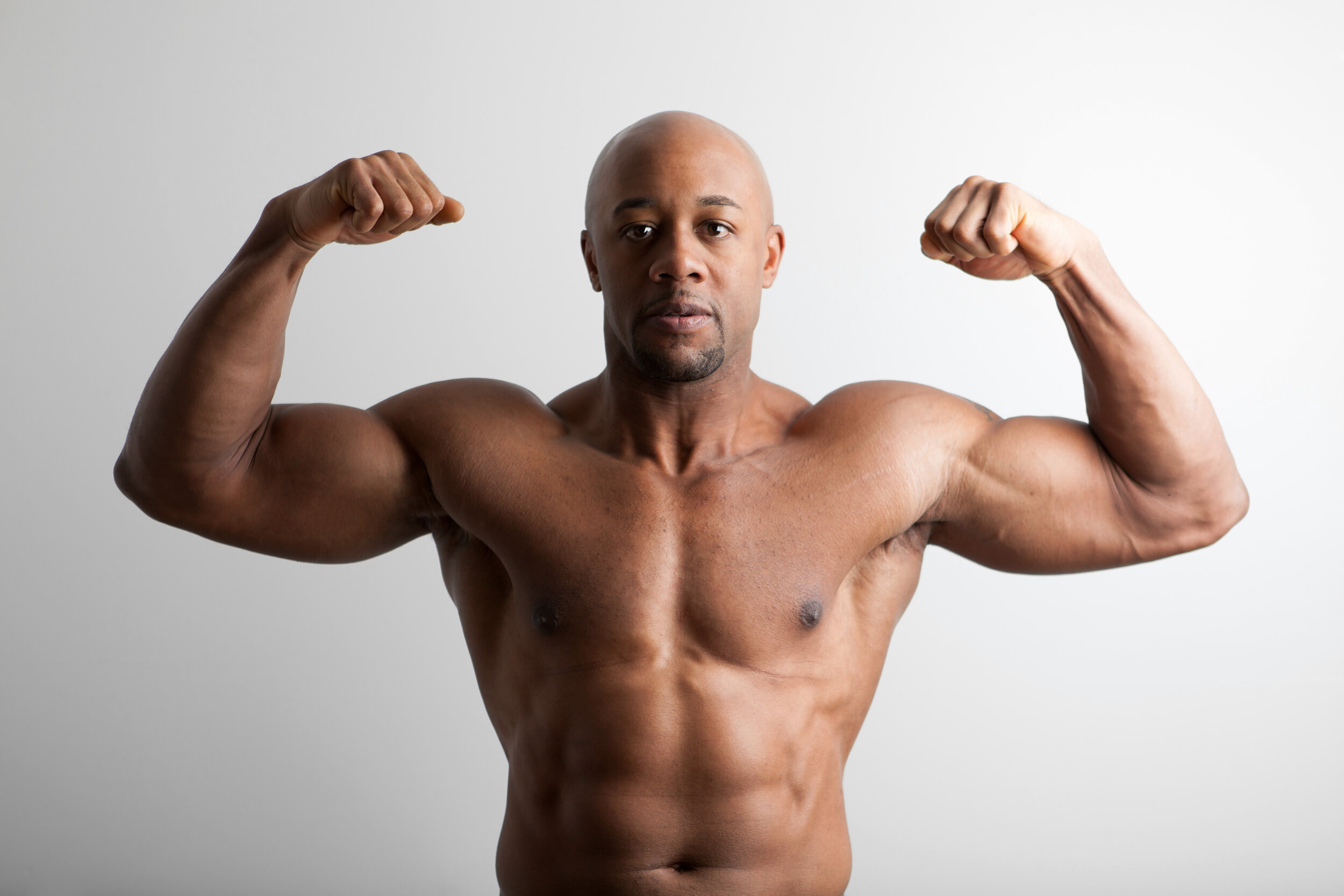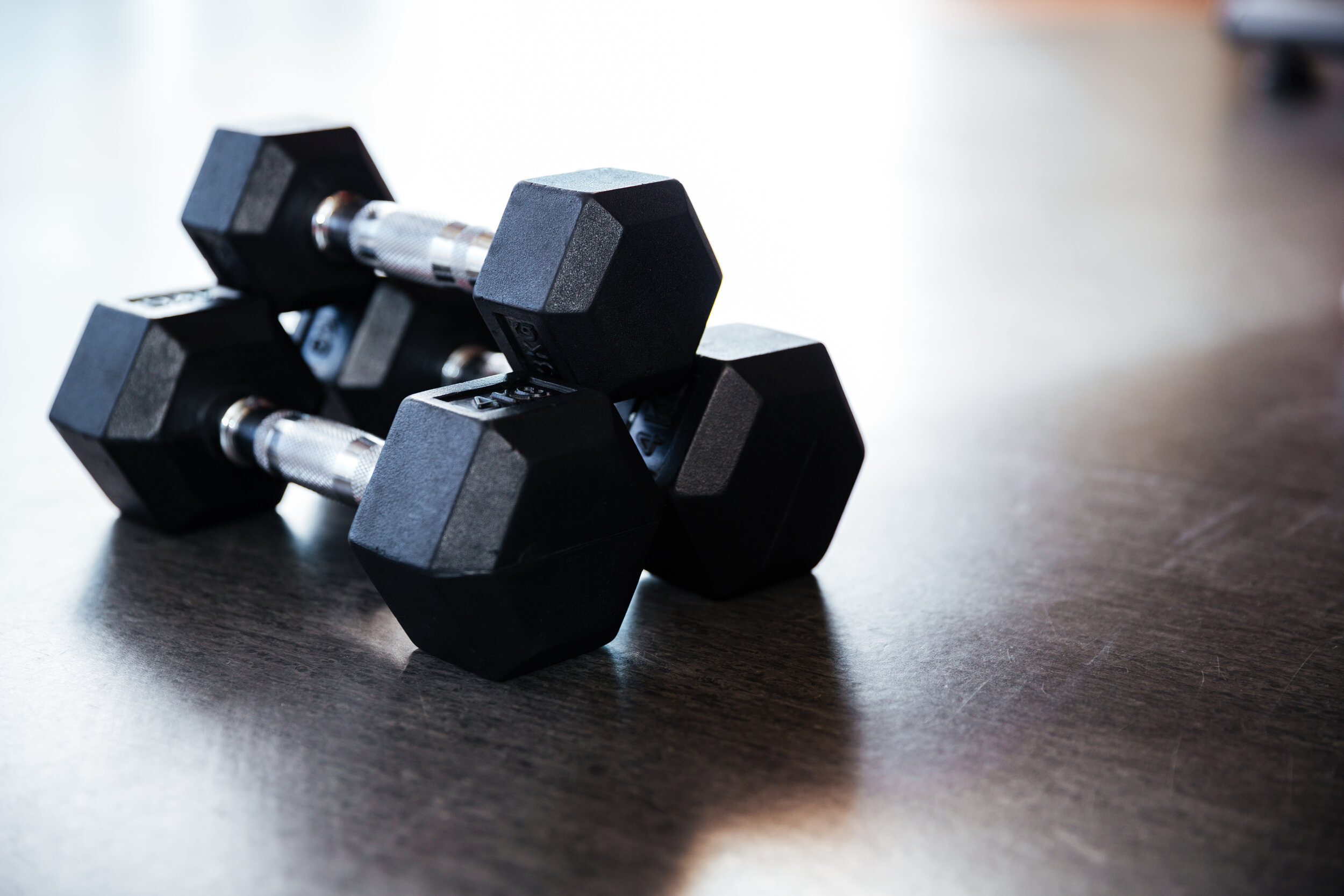

When Do We Physically Peak? (Peaking Part 2)
Olympic weightlifting is the main professional lifting competition, but Olympic athletes cannot be used to assess averages for lifters. The people who make it to the Olympics have genetic and social advantages that make them the best in the world.
The margin of winning at these high levels is so small that even the most dedicated and talented athletes may never make it to the Olympic Games and could quit trying to compete well before their physical peak.
Research in masters lifting has shown that most lifters were physically peaking between ages 30-35, and although their abilities do start decreasing, it’s at a much smaller and slower rate than people tend to expect.
Career peaking is a social construct and should not be used as the only way to measure expected performance and growth.

When Do We Physically Peak? (Physical Peaking Part 1)
Peaking in your career and peaking physically are usually going to be different, especially for weightlifters. While many professional athletes retire from competing in their 20s, it is not always because they have physically peaked. Social factors have a huge impact on both career peaks and physical peaks. High level athletes need time, money, and other resources in order to train at the level required to be competitive. A career usually comes to an end or doesn’t meet its full potential because of one or more of these resources is scarce or withheld from an individual.

Why Is The Self-Improvement Industry So Full Of Scammers?
Often, the most popular “self help” books and theories are too general and vague to be really meaningful besides getting people to feel good about themselves. This is done on purpose - the more general the advice is, the more people can buy the product. The fitness industry is incorporated into a lot of the self-improvement industry because people assume that people who “look good” are happy. It’s especially easy for influencers on social media to have people believe their success because we only see pictures and snippets they want us to see, not the full story. Success and improvement at anything is a time consuming, high effort challenge that can’t be conquered with a book, set of supplements, or any single thing.

99% Of Fitness Content Is Garbage
There’s a finite amount of information that can be shared about fitness and a limited number of ways to say it. Only a small portion of the fitness industry is doing research into actually new ideas and methods. Those who aren’t doing that either produce - at best - fluff content or - at worst - misleading or unverified information.

How Important Is A Daily Step Count?
The 10,000 step goal is an arbitrary number created to sell more pedometers. It’s difficult for average people to hit 10,000 steps in a day, every day, even if they are active. Studies have shown that a range of 5,000 - 7,500 steps in a day is enough to reap the metabolic and cardiac benefits of walking during the day. The best bet is to not stay in any one position too long and take frequent breaks to move around and stretch. The focus should be on moving more in general, not worrying about a number to reach.
